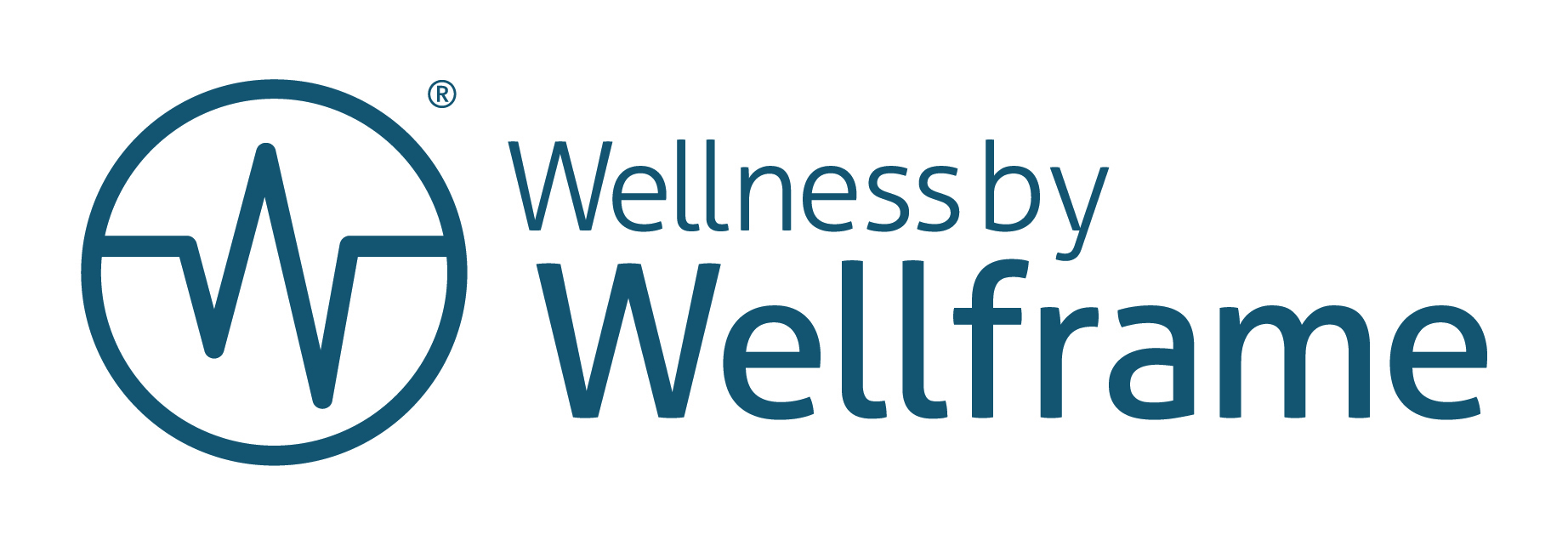The First Things to Do After an Ovarian Cancer Diagnosis
Your next steps can make a huge positive difference in your health and happiness during treatment and beyond.

Learning you have cancer is never easy. But ovarian cancer can be particularly unsettling. Nearly 70% of women with this type of cancer don’t know they have it until it’s reached an advanced stage, according to the National Ovarian Cancer Coalition (NOCC).
But there are steps you can take right away to help you on your journey from diagnosis to treatment, says Julian Schink, M.D. Dr. Schink is the chief medical officer and chief of the division of gynecologic oncology at Cancer Treatment Centers of America in Chicago. He offers this advice about the very first things to do after finding out you have ovarian cancer.
Understand the extent of the cancer.
This should happen as soon as possible after your diagnosis. It’s the information that drives your care. It starts with knowing the cancer’s stage. The stages range from I to IV. Stages III and IV point to advanced disease. For example, stage III ovarian cancer has moved outside of the pelvis and into the abdomen lining or the upper abdomen.
“The treatment goal is to get all the cancer out,” Dr. Schink says. Knowing the scale of its spread will help your doctor decide the best path. It will also dictate treatment order.
“During the initial evaluation,” Dr. Schink says, “the 2 questions you’re asking are: Where else is the cancer? And can it be completely removed surgically up front? If it can, then that’s the treatment. But if the surgery is not straightforward, then the treatment is probably chemotherapy to start. There’s a decision tree on the front end.”
Keep asking questions until you fully understand your situation.
Choose an oncologist.
This may be surprising. After all, you’ve already seen a doctor for the issue. But here, specialization matters: Women treated by a gynecologic oncologist have better survival rates, according to the NOCC. And they have lower rates of cancer recurrence. Such physicians are specifically trained in cancers of the female reproductive system. Medical oncologists, on the other hand, are trained in cancer care more generally.
“Some women don’t have access to that level of care and may start with a medical oncologist. That’s okay,” Dr. Schink says. But at some point early on, you might want to see a gynecologic oncologist. Look for one at a treatment center that sees a high volume of ovarian cancer cases. A good number is 50 cases or more a year.
“That way you can be confident that they will have the skill to manage and surgically remove the cancer and be experienced enough to make appropriate decisions about chemotherapy,” Dr. Schink says. What if you don’t have easy access to a large cancer center or a gynecologic oncologist? You may be able to use telehealth to see a specialist. They can coordinate care with your local doctor.
Build an oncology team you trust.
To get an idea of who you’ll want on your side, reach out to your patient advocate or navigator. Your care team will include many different providers, such as:
- Nurses.
- Physician assistants.
- Nutritionists.
- Social workers.
They’ll all be working together to support you during treatment. They can help you find everything from support groups to financial help, if you need it. Remember, no question is too big or small. Ask for what you need. Your team will be there to get you an answer.
Be an advocate for yourself.
Your healthcare practitioners are medical experts. But you know yourself best. “Treatments can have varying levels of risk and side effects,” Dr. Schink says. Before treatment starts, talk about:
- Any fears you have.
- What is unacceptable to you.
- How much risk you’re willing to take.
Once your treatment begins, keep the information flowing. Many side effects, such as nausea, can be eased with medication. But your doctors can’t help you if they don’t know what you’re going through.
“You need to be in a therapeutic relationship with your oncology team,” says Dr. Schink. “That includes them really figuring out what your values are and helping you decide what side effects and treatments are acceptable to you.”
Think about seeing a mental health professional.
Any serious medical diagnosis can bring about feelings of anxiety or depression. Talk to your oncologist or primary care provider about how you’re doing emotionally. They can refer you to a mental health provider to help you work through it. Or they may suggest that you join a support group for people going through cancer treatment.
Build a strong support system.
Ovarian cancer is life changing. The treatments can be hard on your body and mind. A close-knit support system can help ease some of the struggle. “When mom is sick, the whole family is sick,” Dr. Schink says. “The whole family is likely going on this trip together.”
But you and your family don’t have to take the trip alone. Don’t be afraid to ask friends and other family members for help when you need it. Perhaps they could pick up your kids from school, drop off dinner, or take you to appointments. Your loved ones will be grateful that you let them help.
